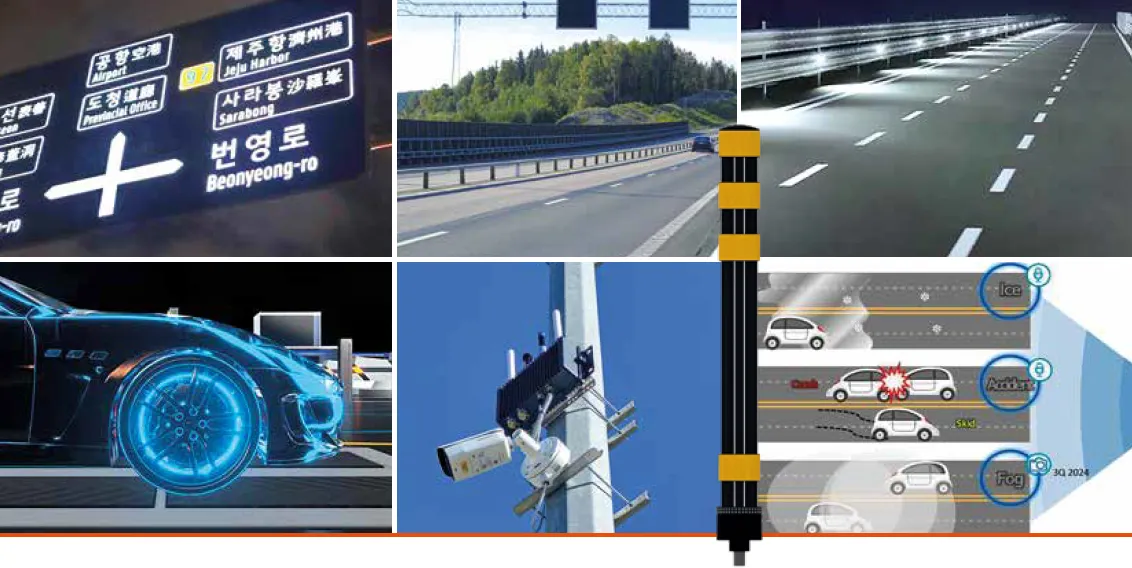The two-year initiative - called the Implementation of a Multimodal Situational Awareness and Operations Regime Evaluation Platform – sees CTS collaborating with the University of Melbourne, Public Transport Victoria, VicRoads and the Transport Accident Commission.
The Australian Integrated Multimodal Eco System (AIMES) at the University of Melbourne provides the data infrastructure behind the project. Cubic’s Transportation Management Platform will be used as the main integration hub.
AIMES is a transport test bed area that comprises 100km of Melbourne roads on the fringes of the central business district. The area will feature up to 1,000 sensors that collect data on vehicle and pedestrian movement and public transport use.
The iMove Cooperative Research Centre is a consortium of 44 industry, government and research partners that are working together to improve Australia’s transportation systems through collaborative R&D projects.
CTS enters partnership to improve Melbourne’s traffic flow
Cubic Transportation Systems (CTS) has entered an R&D agreement with the iMove Cooperative Research Centre to improve traffic flows in Melbourne, Australia. The $55m government-funded project will consider the interaction of all transport modes to identify blockages in the management of an integrated multi-modal system.
The two-year initiative - called the Implementation of a Multimodal Situational Awareness and Operations Regime Evaluation Platform – sees CTS collaborating with the University of Melbou
June 18, 2018
Read time: 2 mins










